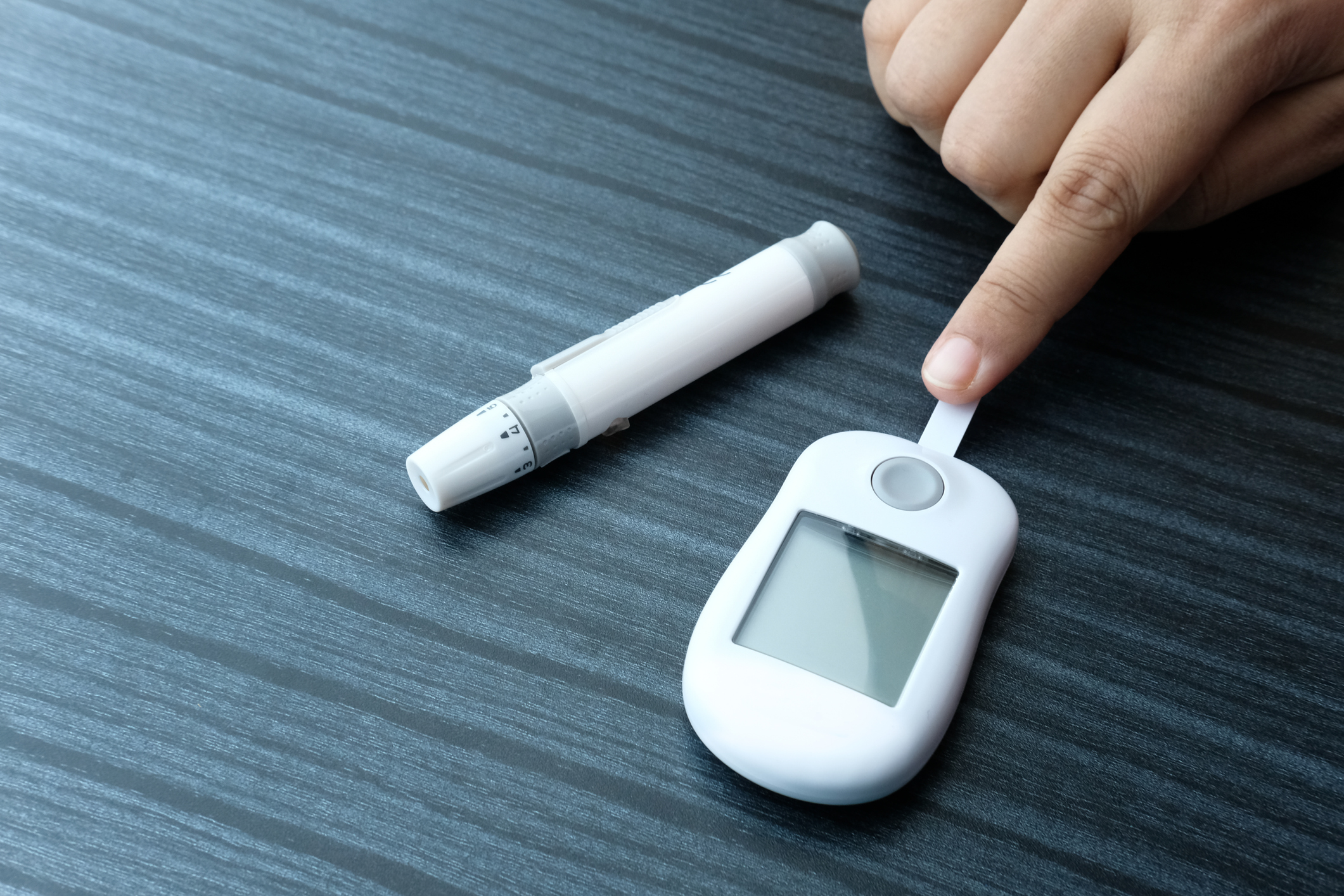There are a lot of misconceptions about the management and treatment of diabetes – and this misinformation could put diabetic patients at serious risk.
If you have diabetes, it’s important to get the facts straight so you can take care of your health. Incorrect information could put you in danger, or create complications. Here are the common lies and myths you need to be aware of if you have diabetes.
1. Needing Insulin Means You’re Not Taking Care of Your Diabetes Properly
When you have type 2 diabetes, your body is unable to produce or use insulin properly. This results in the body not doing its job to help cells take in glucose. If you have diabetes and your doctor says that you need insulin therapy, it doesn’t mean you’re doing anything wrong.
Insulin therapy is commonly recommended by doctors in patients who need better control of their blood glucose levels. Sometimes, oral drugs will be prescribed to help control these levels, but in certain cases oral medications may not be effective enough – and that’s when it may be necessary to take insulin.
2. Taking Insulin Puts You At Risk for Health Complications
If you’re dependent on insulin, there’s nothing wrong with your current treatment options – it just means your body is no longer producing enough insulin to control your blood glucose levels. You aren’t at a greater risk for serious health complications; in fact, you’re no worse off than someone who doesn’t take insulin for their diabetes.
According to Type2Diabetes.com, the key to avoiding any complications is to make sure you’re monitoring your blood glucose level regularly. Your A1C level also matters; make sure it’s at 6.5 percent or lower. And remember that taking your insulin can help you achieve the right A1C level.
3. You Can Eat Whatever You Want After You Take Your Medication
While taking medication does help control blood sugar, it doesn’t mean you can eat whatever you want – especially if you’re diabetic. Dieticians recommend opting for healthier foods no matter what health conditions you have, including diabetes. And healthy foods can help you manage your diabetes.
In fact, to successfully manage diabetes it’s important to plan balanced meals that are high in protein – and avoid fat, carbs, and processed foods as much as possible. Watching what you eat is as important as any treatment regimen or any medications you take.
4. You Shouldn’t Exercise if You Have Diabetes
This is a dangerous myth to believe. Exercise may be difficult for those who are overweight or have preexisting health conditions – but when it comes to diabetes, engaging in regular exercise should be an integral part of your management plan, especially if you’ve been diagnosed with type 2 diabetes.
Whether you’re living with type 1 or type 2 diabetes, the CDC recommends at least 150 minutes of moderate to intense physical activity per week. For those living with type 2 diabetes, engaging in regular activity can not only help you manage your weight, but it can also help decrease insulin resistance in the body. When insulin sensitivity is increased, it can help your muscles better absorb blood glucose, according to the American Diabetes Association.
5. Managing Diabetes Is Extremely Painful
Technological advances have made managing diabetes less complicated and a lot less painful – no longer do people with diabetes have to endure painful insulin injections.
There are now a variety of insulin delivery methods available through tiny needles, fast glucometers, and new medications. And all of these options mean it’s possible to find a management solution that’s as pain-free as possible. It’s important to speak to your doctor if you find any part of your treatment painful or complicated because there are solutions – and your doctor can help you find an alternative option if you’re living with pain.
6. Don’t Take Your Diabetes Medications if You’re Sick
Being sick is never a reason to skip your diabetes medication – however, if you’re sick, it’s important to constantly check your blood glucose level. Your blood glucose level can be affected by your body and any illnesses you’re experiencing, so if you find the level to be off, consult with your doctor or healthcare provider.
7. You Need the Same Medication as Your Relative Who Also Has Diabetes
If you and another relative have diabetes, it’s easy to assume that the two of you are very similar and should be on similar treatment regimens. But no two bodies – or cases of diabetes – are identical.
Actually, diabetes treatment is based on a series of factors. What works for one person may not work for you. Each person with type 2 diabetes is treated individually based on their health and other factors (these factors can include how long you’ve had diabetes and what other medications you’re taking).
Start Making Informed Decisions About Diabetes Treatment Today
If you’re living with diabetes, it’s important to understand and know the facts about diabetes and treatments, especially because it can impact how you manage your condition. You need to stay informed, seeking out reliable and accurate information in order to avoid falling for dangerous myths and potentially harmful “treatments” not supported by doctors.
You owe it to yourself to learn as much as possible about living with diabetes – and this includes consulting with your doctor or healthcare provider regularly.
